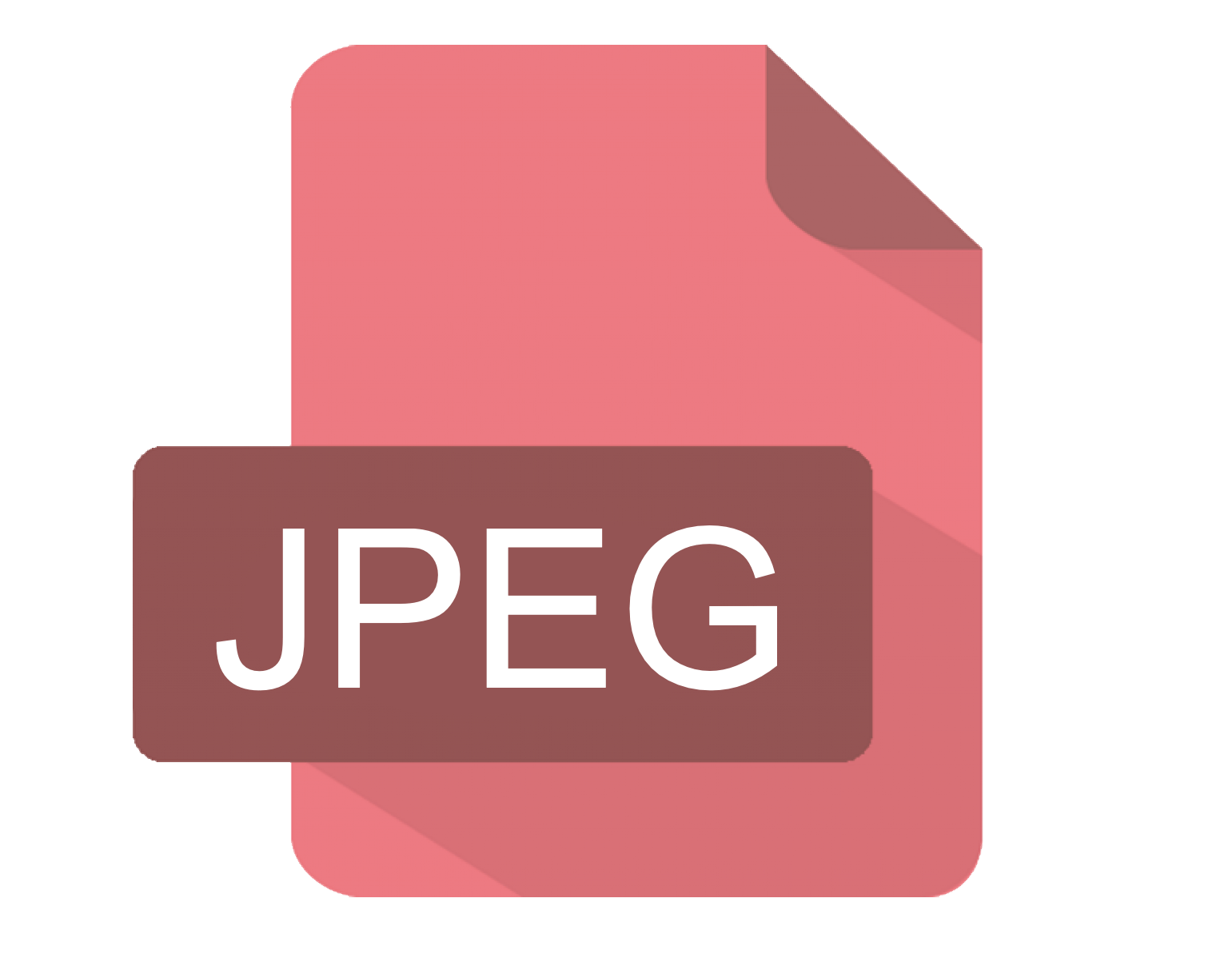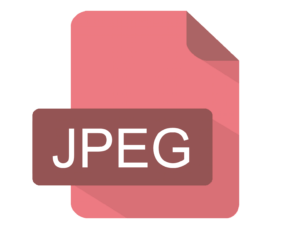What is JPEG?
JPEG is a very well supported image file format and works with all modern web browsers. It does not include an opacity channel so there is no transparency.
It uses lossy or lossless compression for digital images and is best for saving photographs and paintings of realistic scenes with smooth variations of tone and color (where you do not notice the missing details).
JPEG works best for colour images. It is commonly used for digital camera images as it gives you high-quality images. One main feature of JPEG is that it enables you to choose between quality and file size; you can sacrifice quality for a smaller file or vice versa.
The file name extension for JPEG files are: .jpg or .jpeg
Here are some other questions about JPEG you might also want to ask. If you have any other questions, please add a comment and we will try to answer.
What does JPEG mean?
JPEG stands for "Joint Photographic Experts Group“. This is the team which created and maintains the ISO JPEG standard.
Is it JPEG or JPG?
You will find both in common usage. If your system only supports 3 letter filetypes, you will probably call it JPG
What is JPEG used for?
JPEG is used for photos where transparency is not required such as background images. They are the primary choice for high quality prints of posters, brochures and similar print media.
How can I learn about JPEG?
You can get a (paid) download of all the JPEG technical documentation from ISO. The standard is open but not free.
What is the difference between JPEG and JPEG 2000?
JPEG2000 is a newer version of JPEG. We explain the pros and cons of each in our related article “How to choose JPG versus JPEG 2000 for image files”.
Is it possible to convert JPG to PNG?
Yes. You can convert JPG to PNG and PNG to JPG. You will lose any transparency if you convert from PNG and may need to remember that JPG uses lossy compression.
Is it possible to convert JPEG to PDF?
Yes. You will need to print the JPEG (most printers offer a print as PDF), export as PDF in a graphics package such as Mac Preview or use a third party tool such as our JDeli library.
Is it possible to convert JPEG to JPEG 2000?
Yes. You can convert JPEG to JPEG 2000 and JPEG 2000 to JPEG.
How to open JPEG files in Java?
ImageIO (the built-in Java Image library) includes support for JPEG images.
There are several commercial JPEG solutions available. Our JDeli library allows you to read, write and display JPEG files.
Why do developers choose JDeli over free alternatives?
- Works with newer image formats such as AVIF, HEIC, JPEG XL, WEBP (AVIF next release) that are not supported in Java.
- Better support than alternatives for JPEG, PNG, TIFF.
- Process images up to 3x faster than ImageIO and other Java image libraries.
- Prevent JVM crashes caused by native code in other image libraries such as ImageIO.
- Image security as JDeli processes images on your servers with no calls to any external system or third party library.
Are you a Java Developer working with Image files?
// Read an image
BufferedImage bufferedImage = JDeli.read(dicomImageFile);// Read an image
BufferedImage bufferedImage = JDeli.read(heicImageFile);
// Write an image
JDeli.write(bufferedImage, "heic", outputStreamOrFile);// Read an image
BufferedImage bufferedImage = JDeli.read(jpegImageFile);
// Write an image
JDeli.write(bufferedImage, "jpeg", outputStreamOrFile);
// Read an image
BufferedImage bufferedImage = JDeli.read(jpeg2000ImageFile);
// Write an image
JDeli.write(bufferedImage, "jpx", outputStreamOrFile);
// Write an image
JDeli.write(bufferedImage, "pdf", outputStreamOrFile);
// Read an image
BufferedImage bufferedImage = JDeli.read(pngImageFile);
// Write an image
JDeli.write(bufferedImage, "png", outputStreamOrFile);
// Read an image
BufferedImage bufferedImage = JDeli.read(tiffImageFile);
// Write an image
JDeli.write(bufferedImage, "tiff", outputStreamOrFile);
// Read an image
BufferedImage bufferedImage = JDeli.read(webpImageFile);
// Write an image
JDeli.write(bufferedImage, "webp", outputStreamOrFile);

